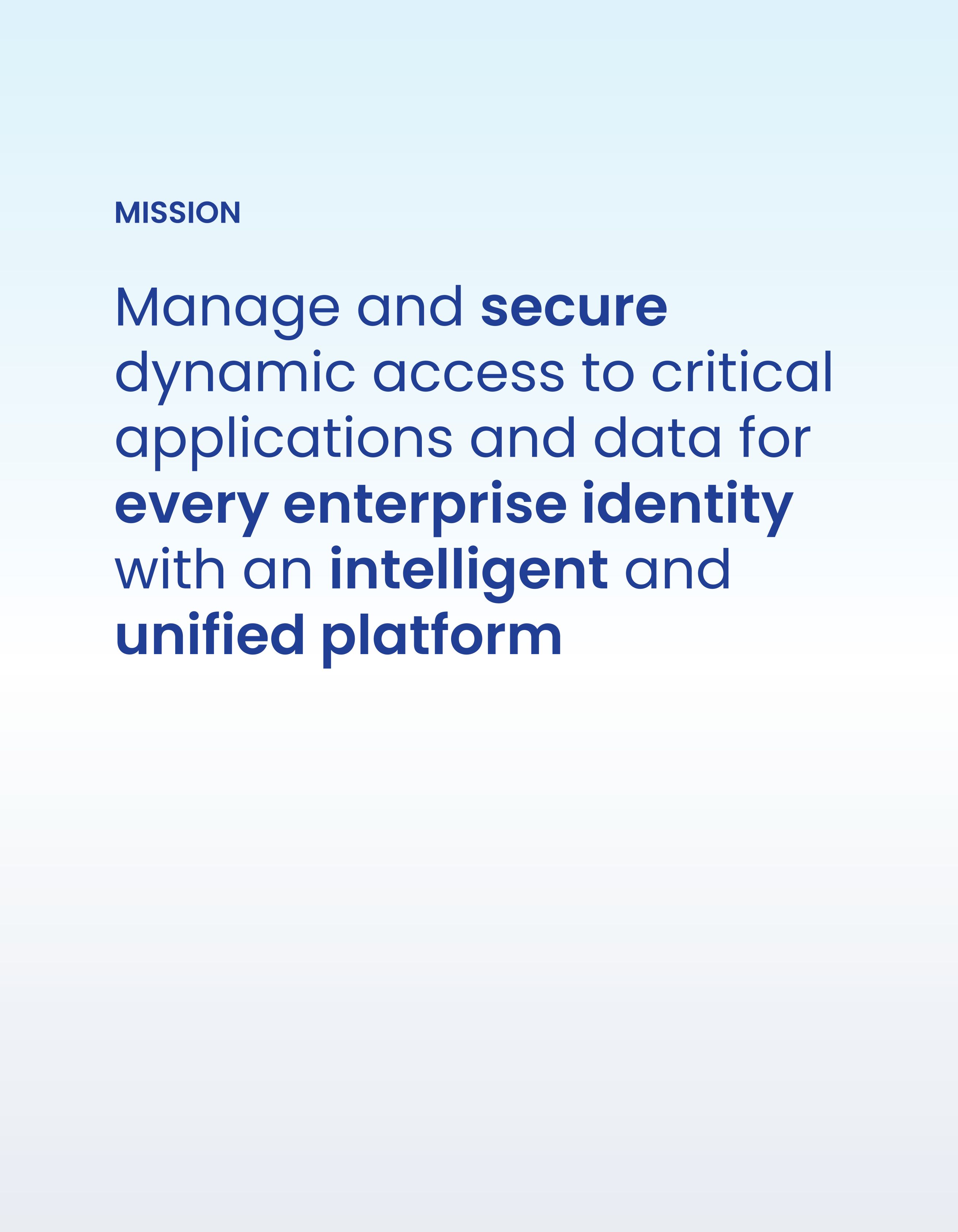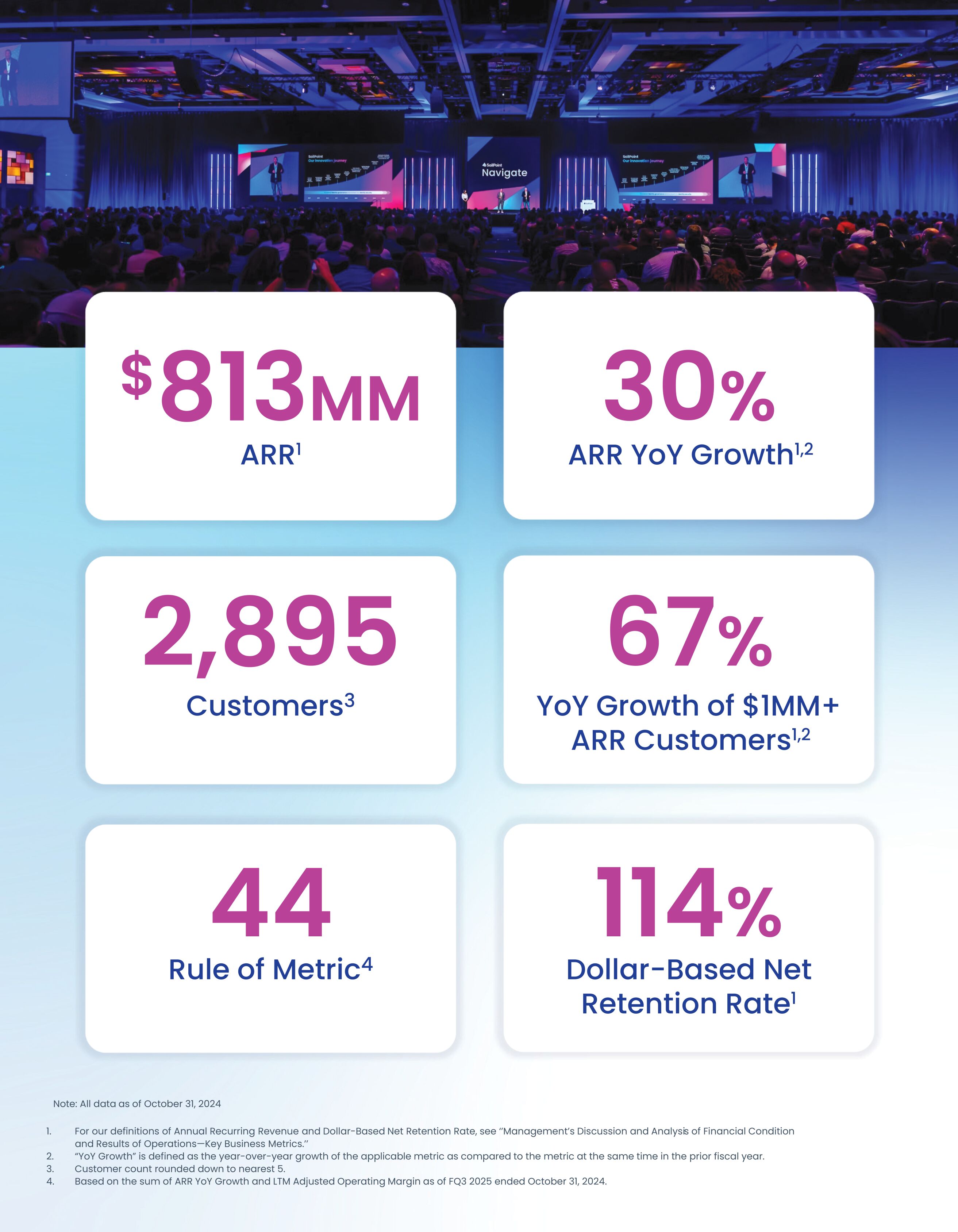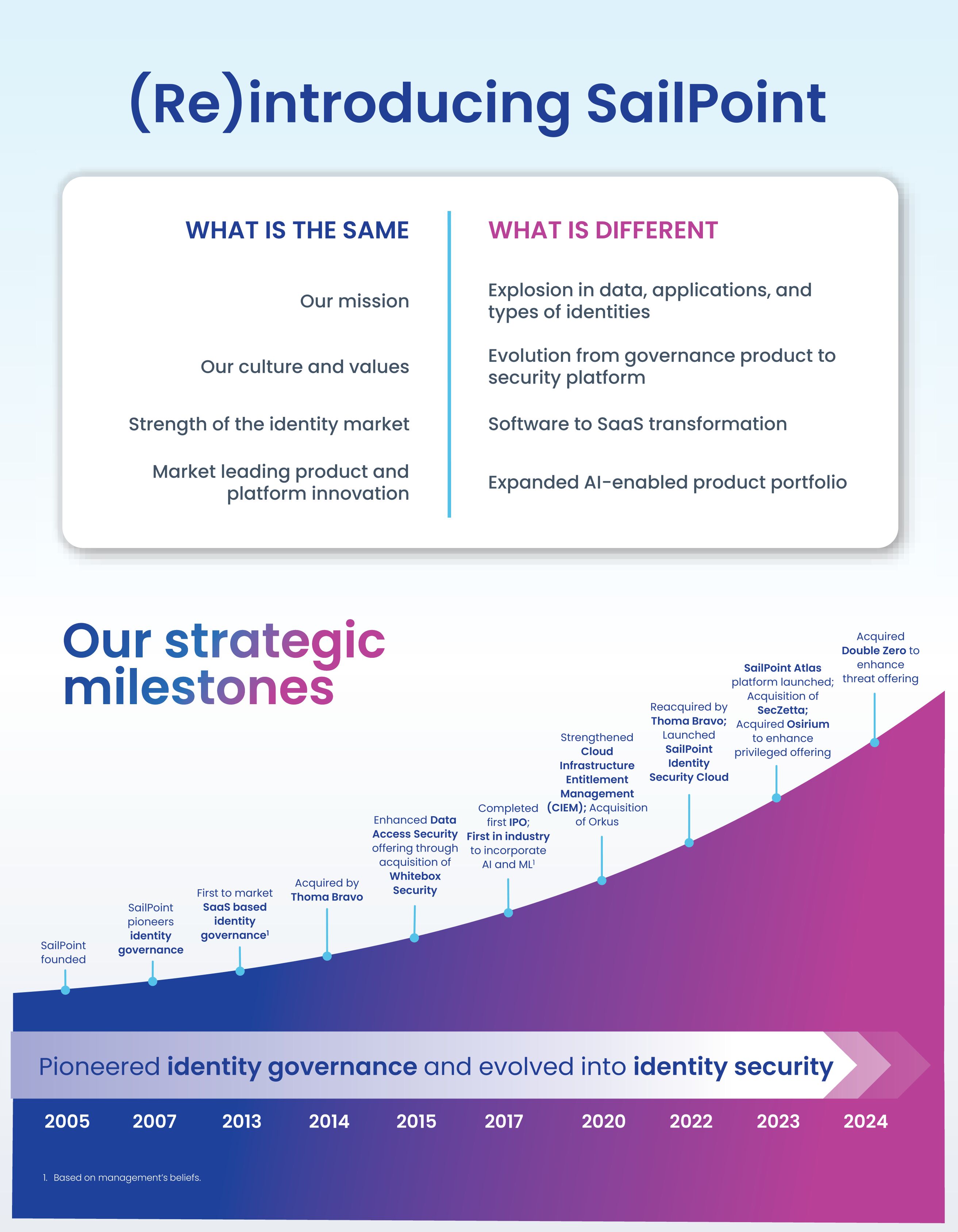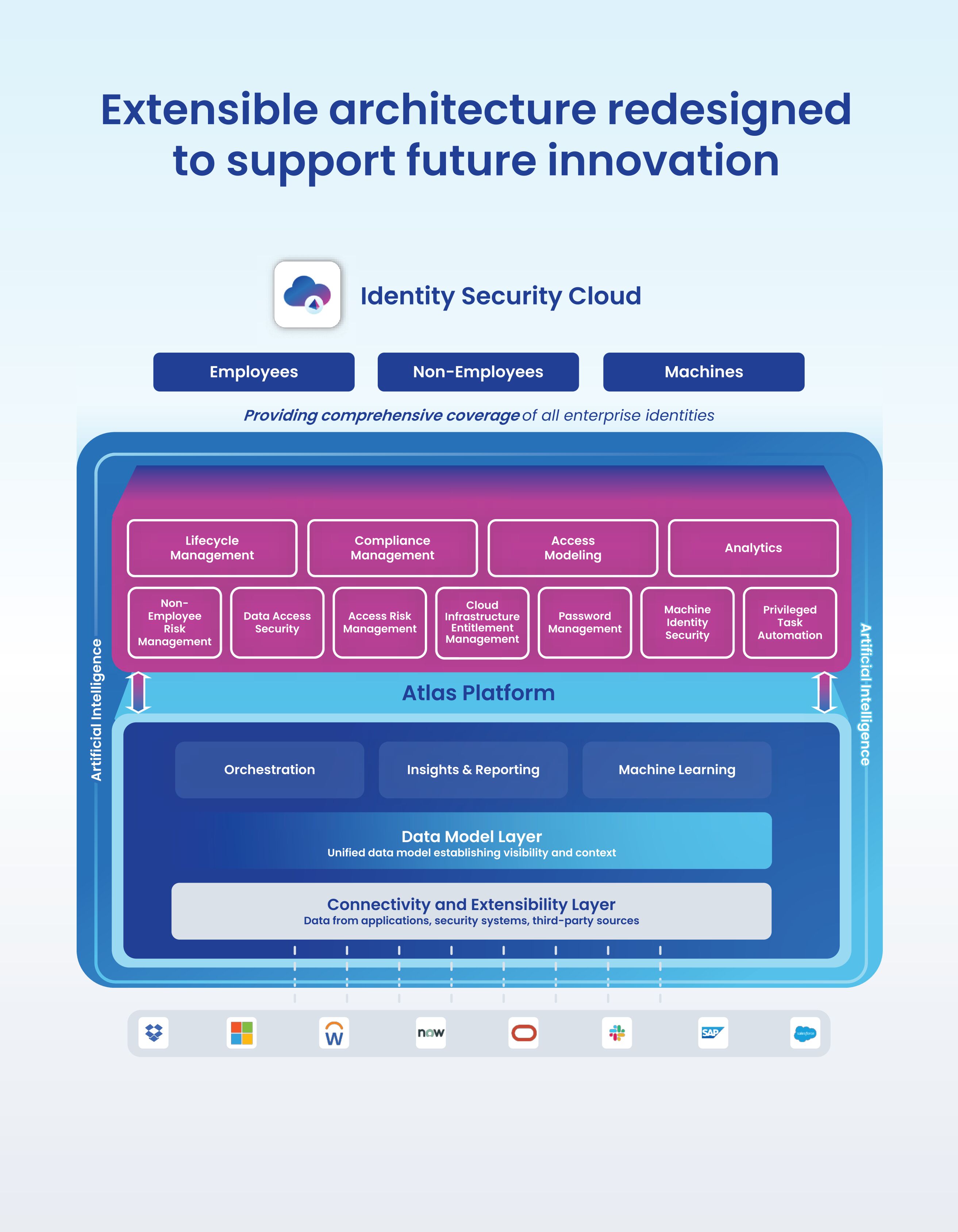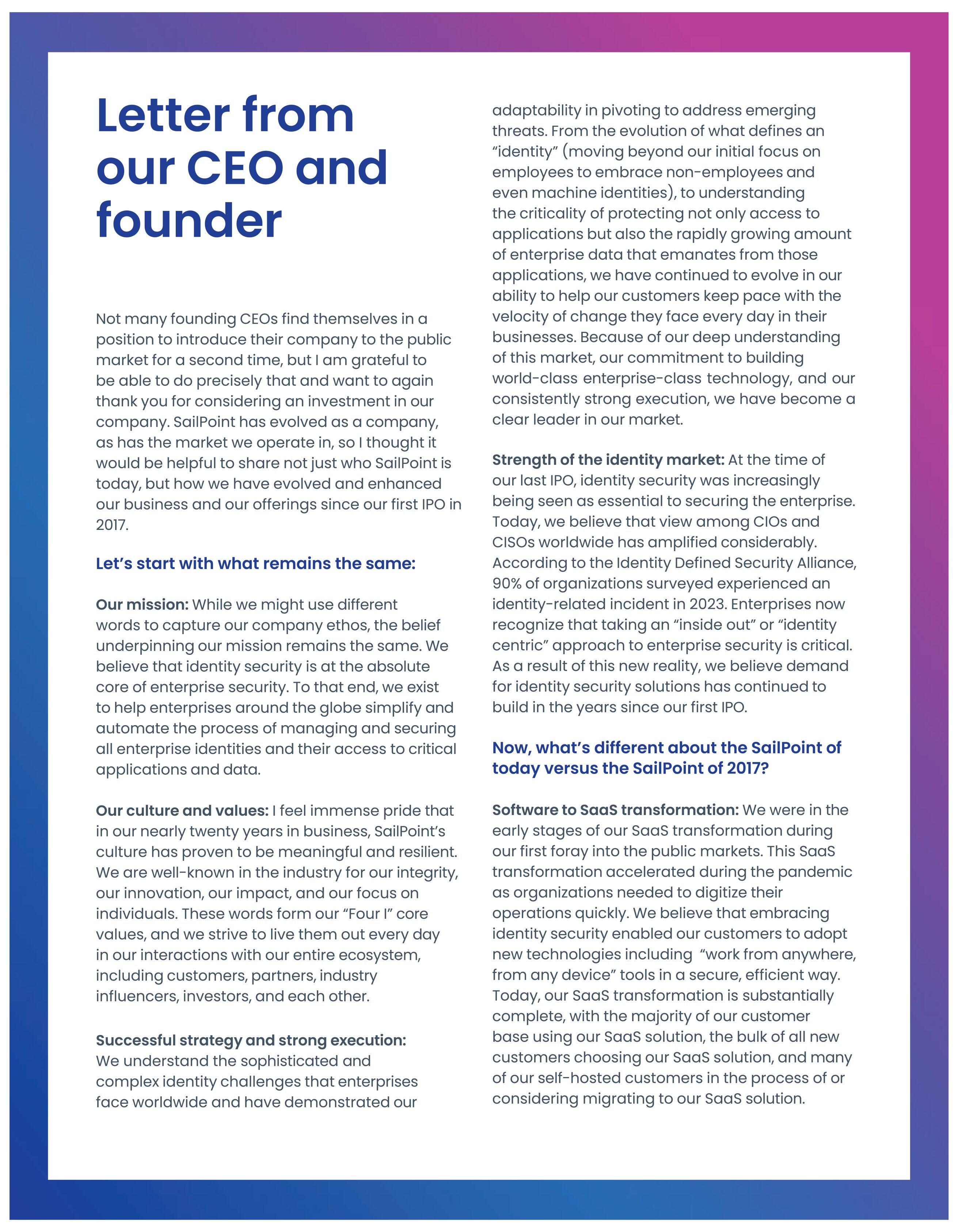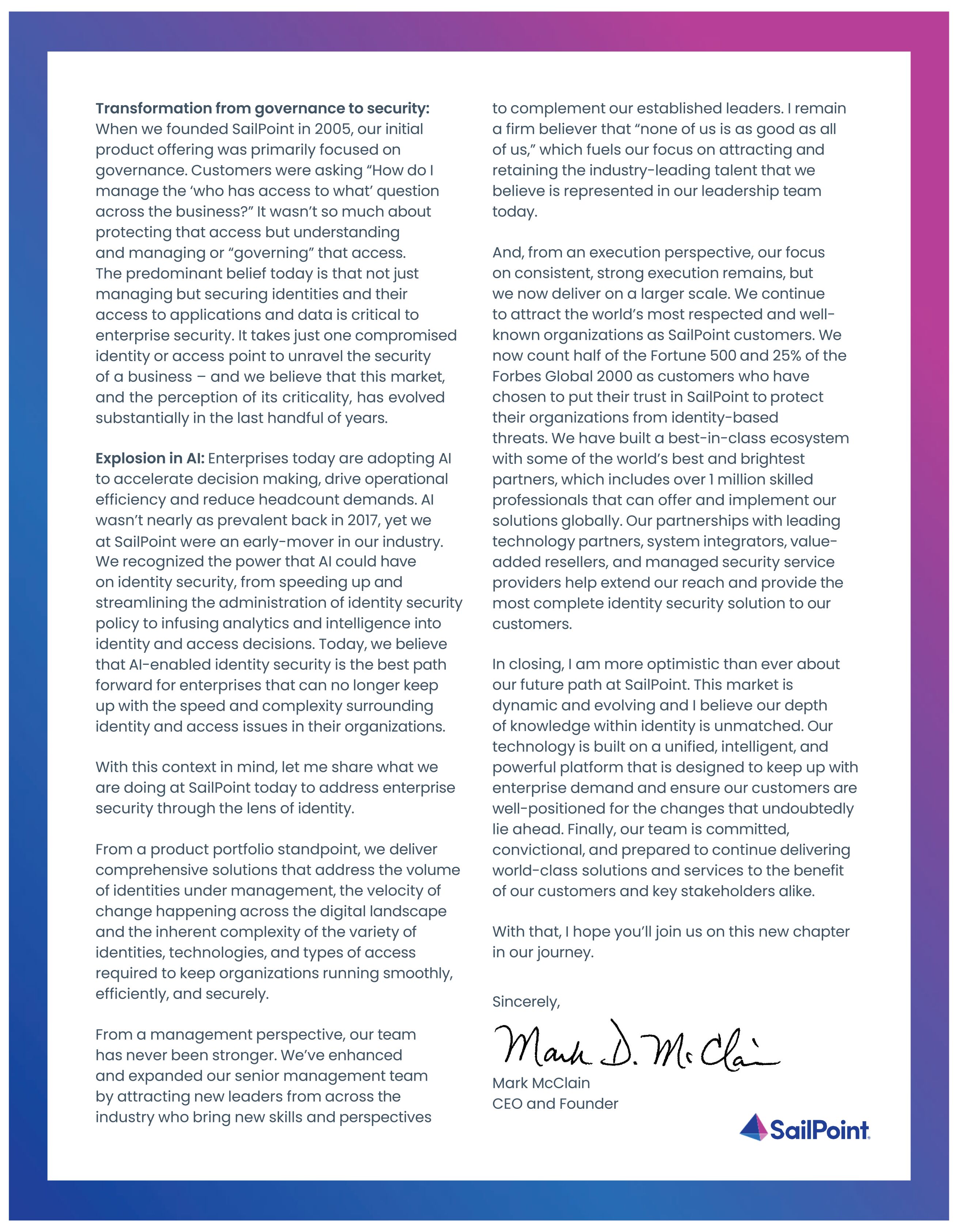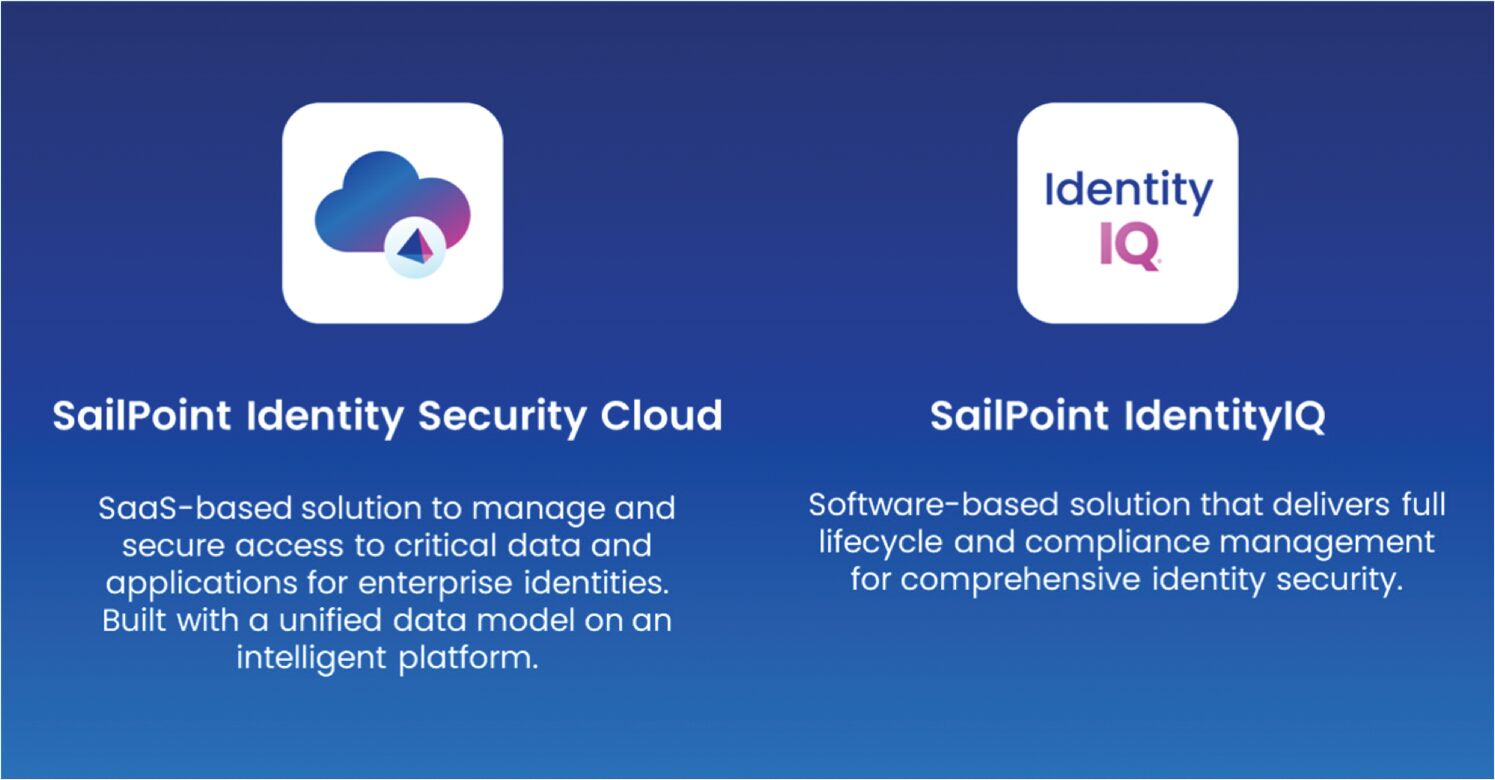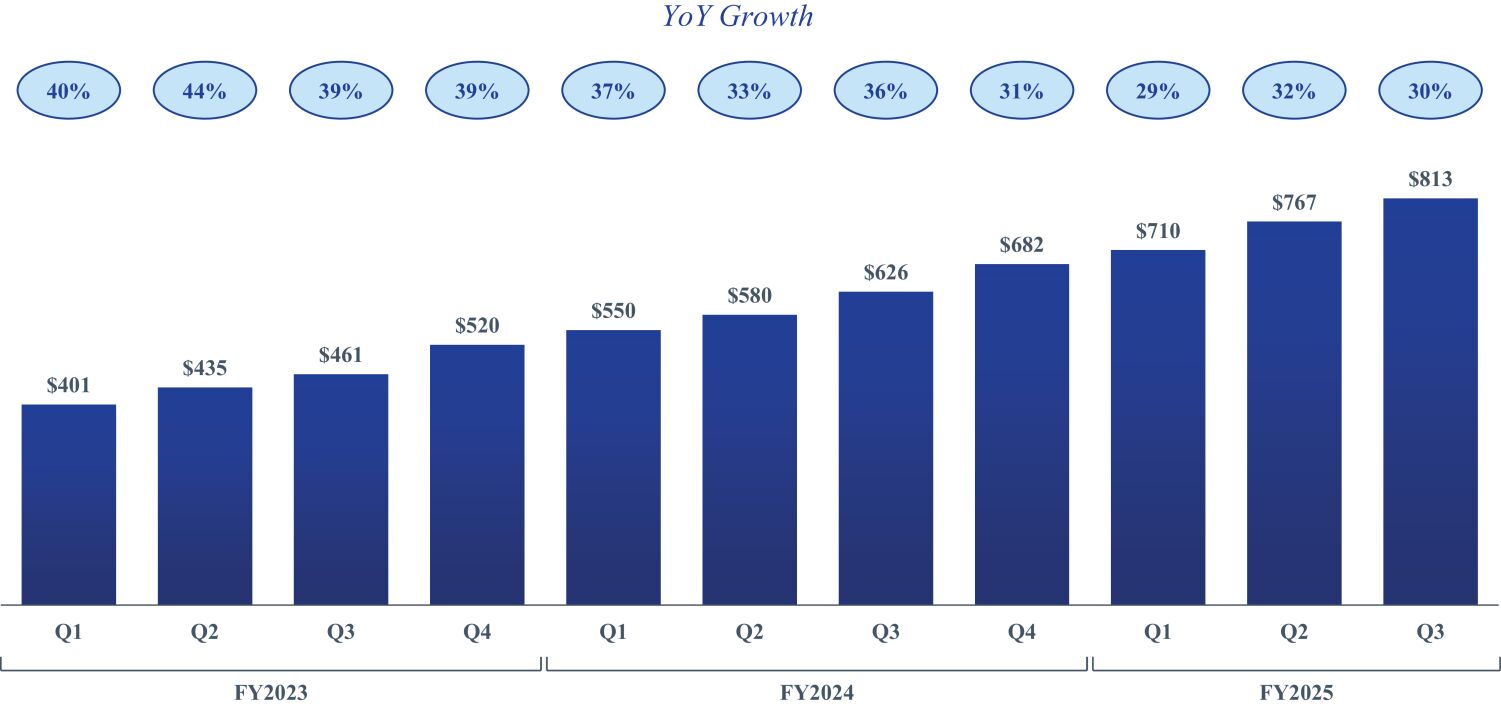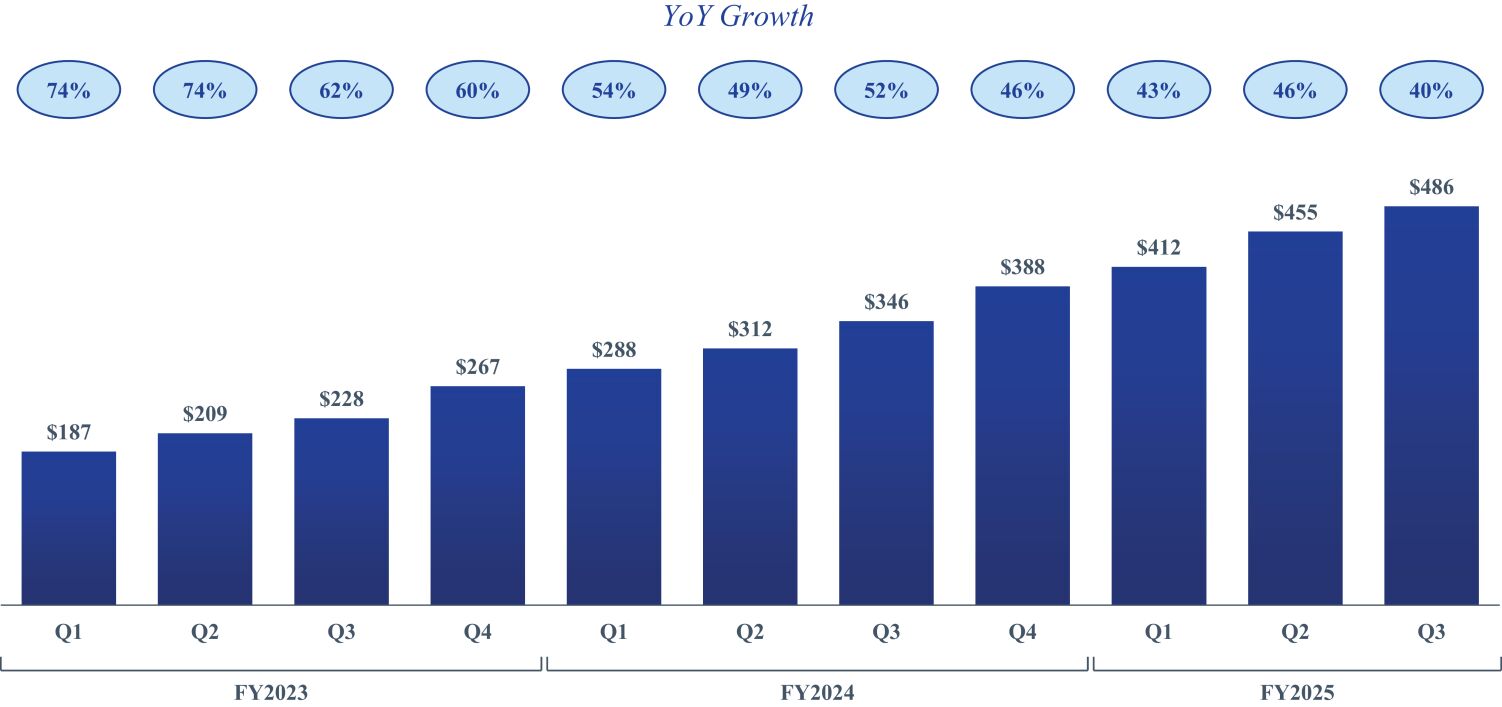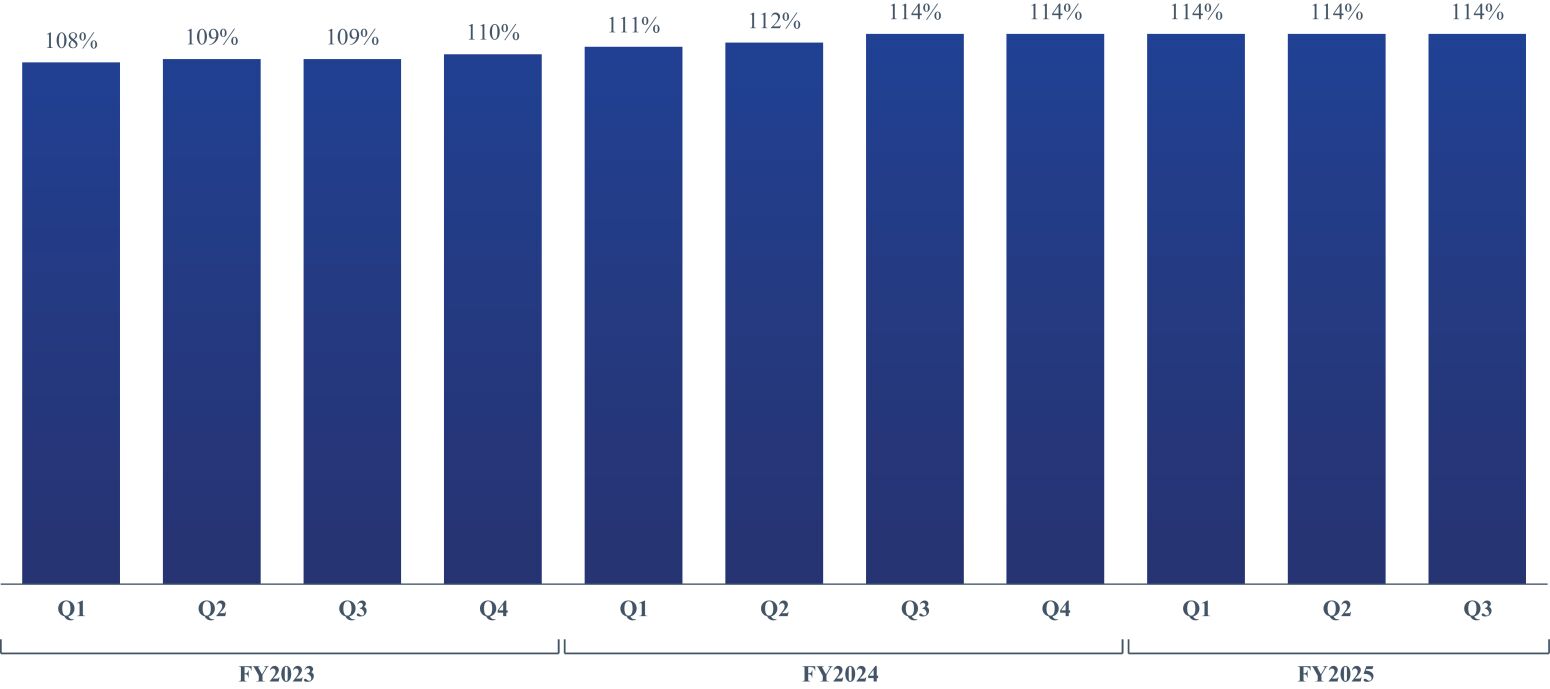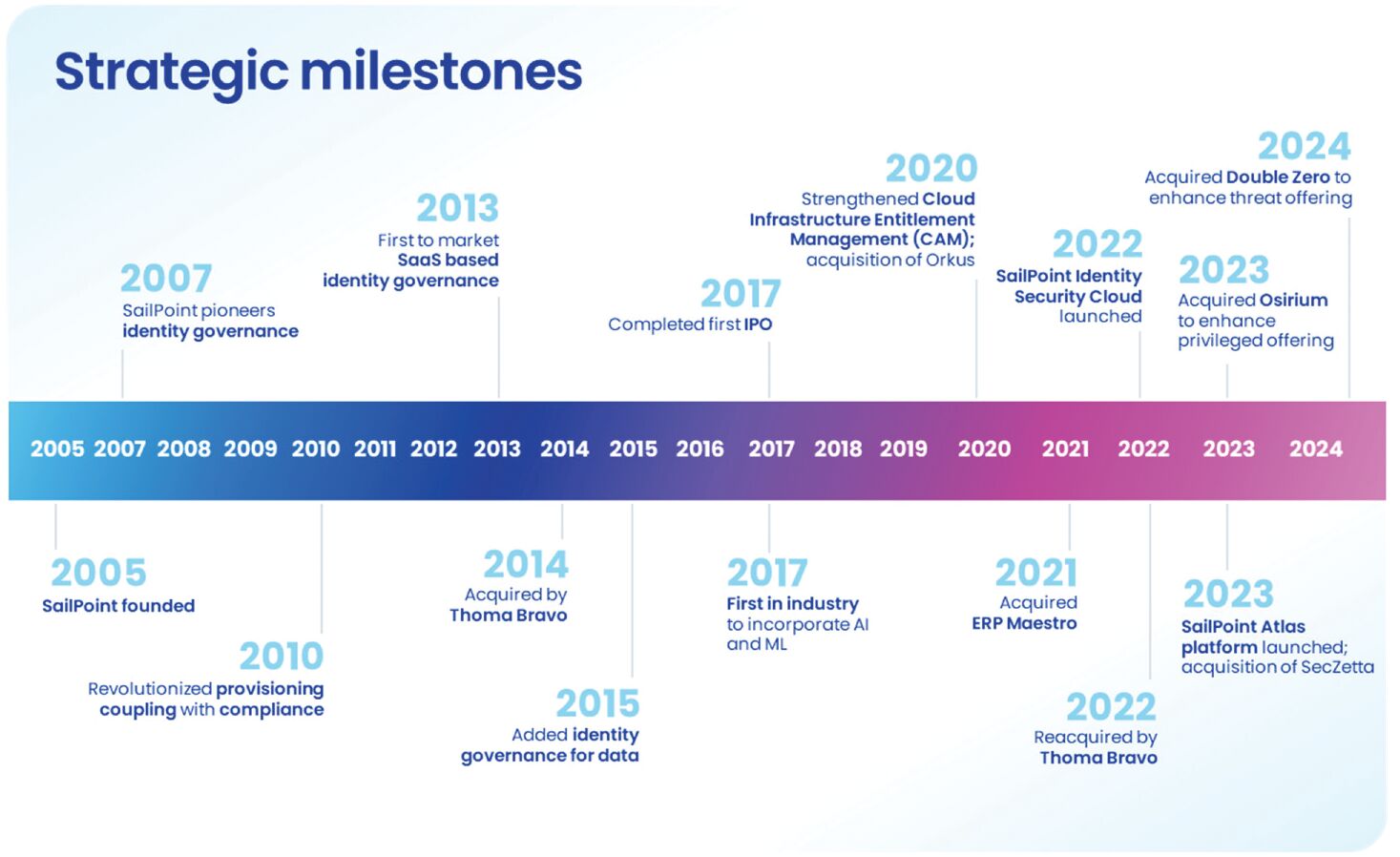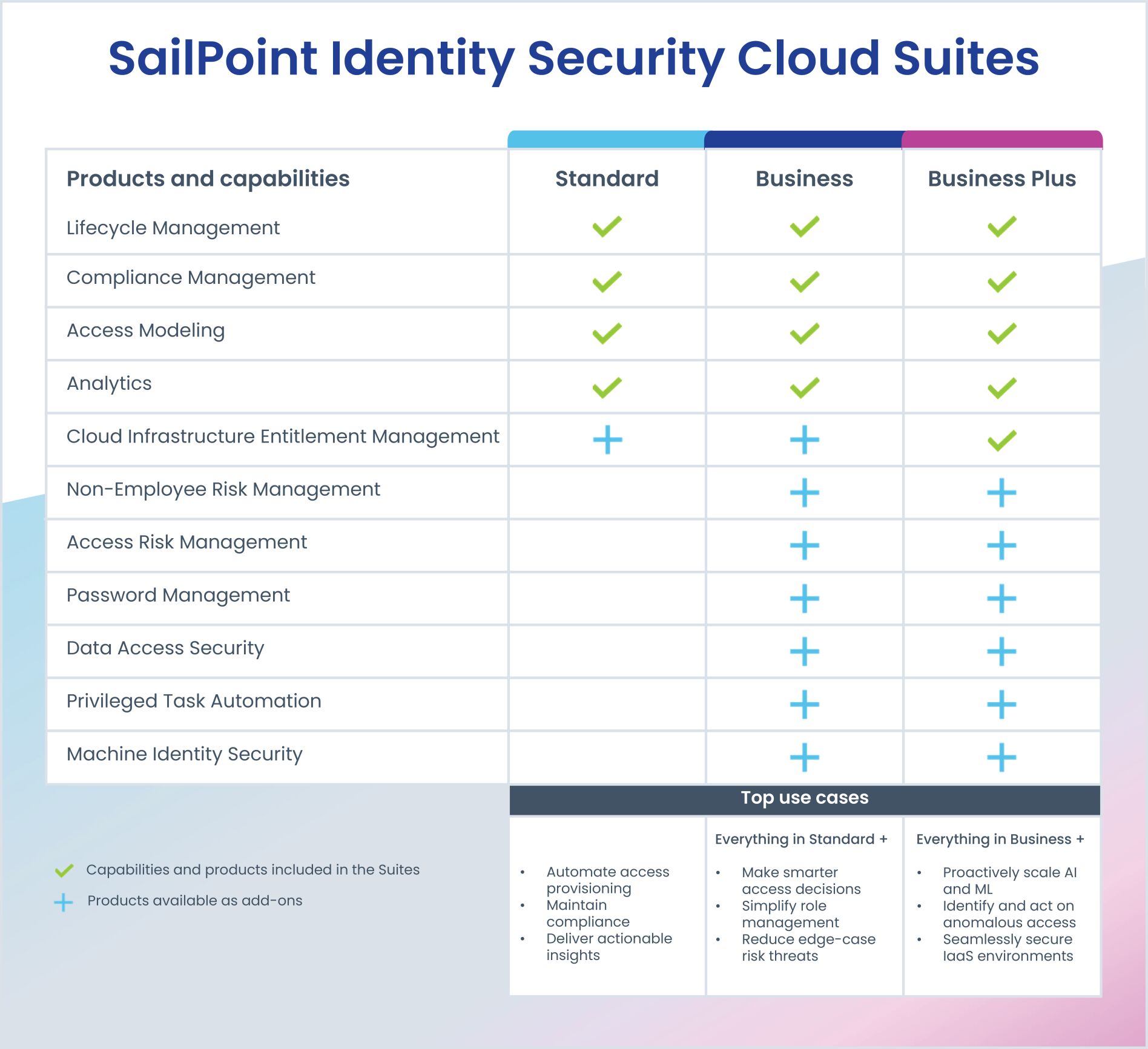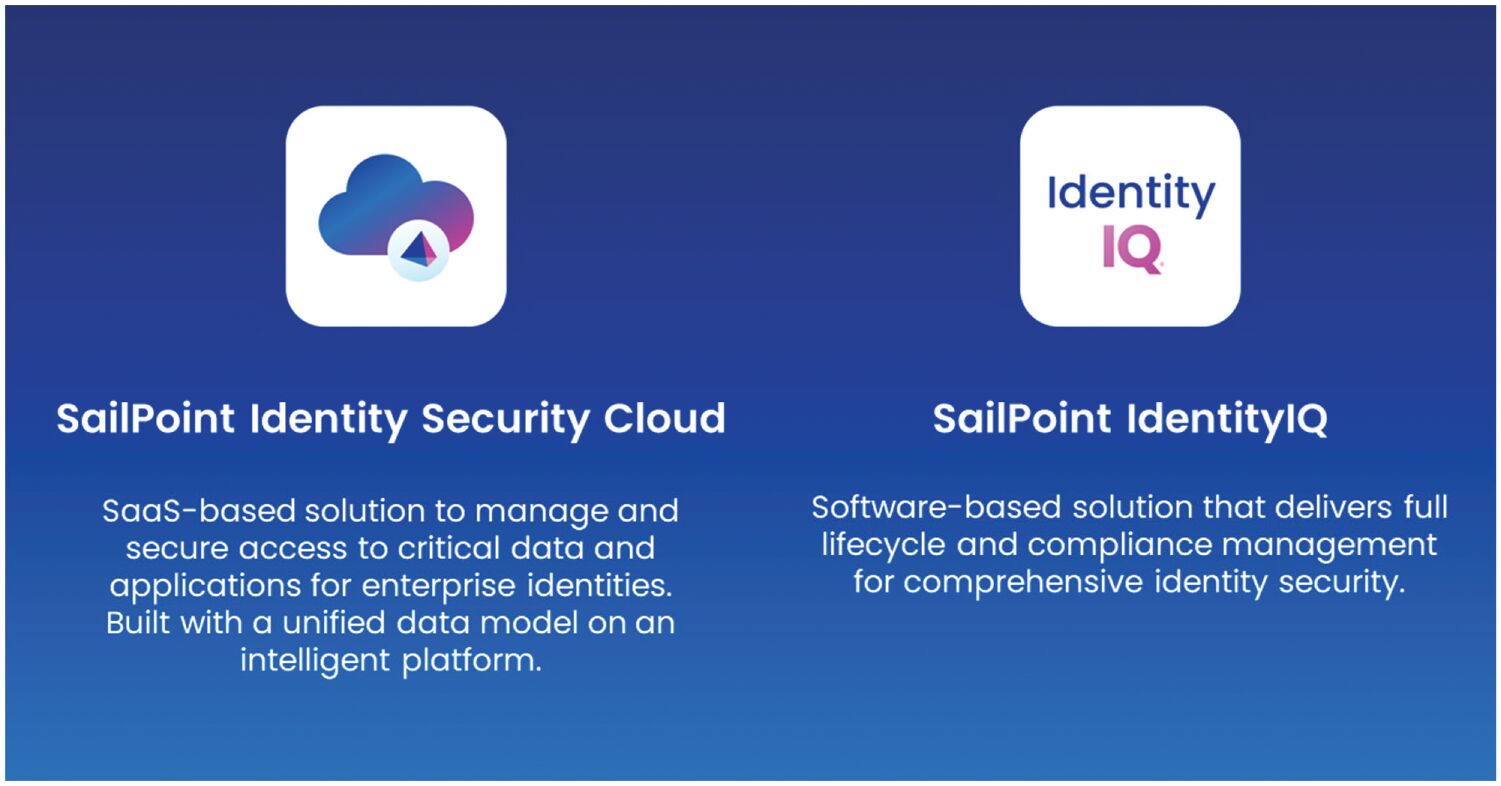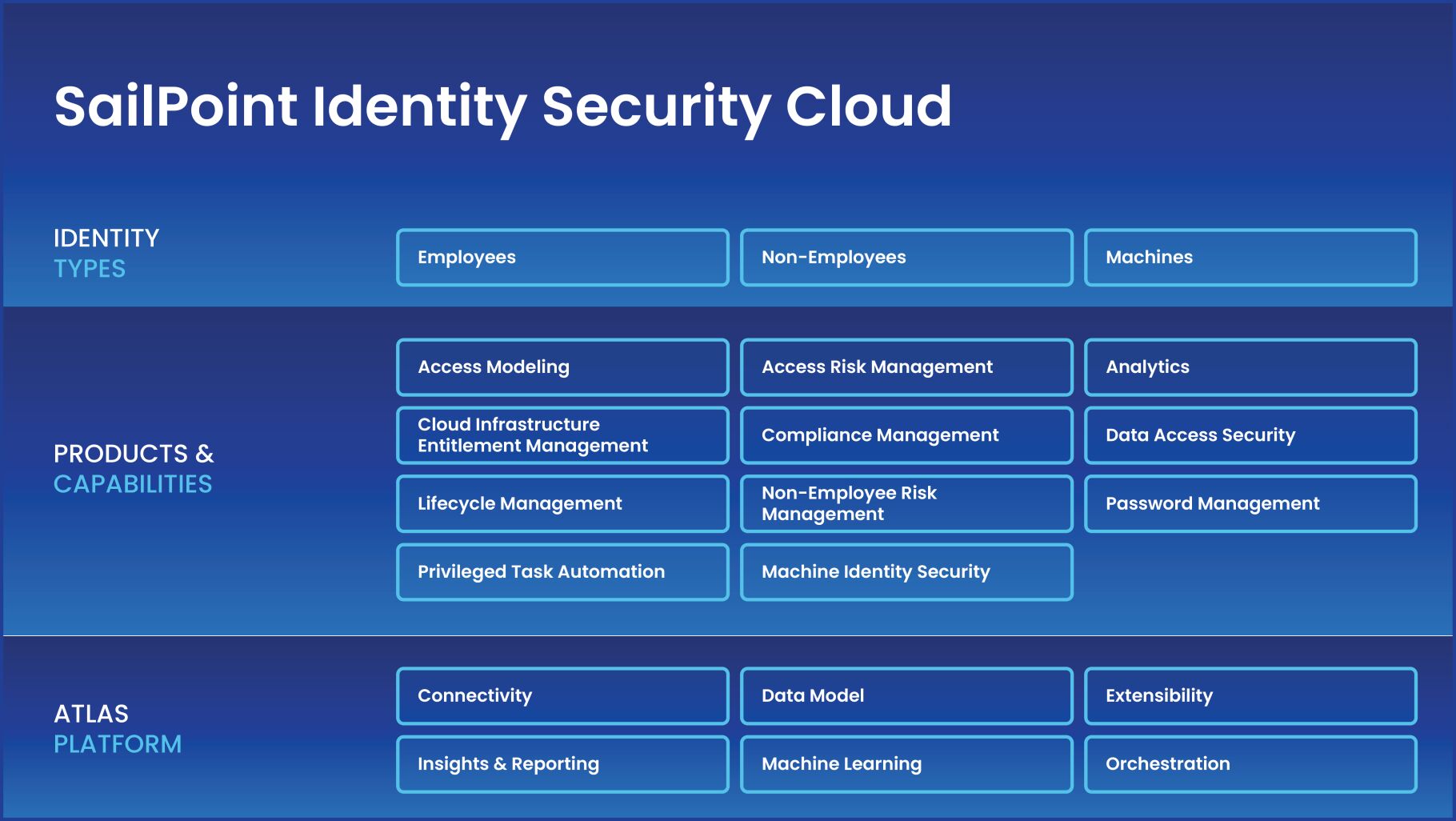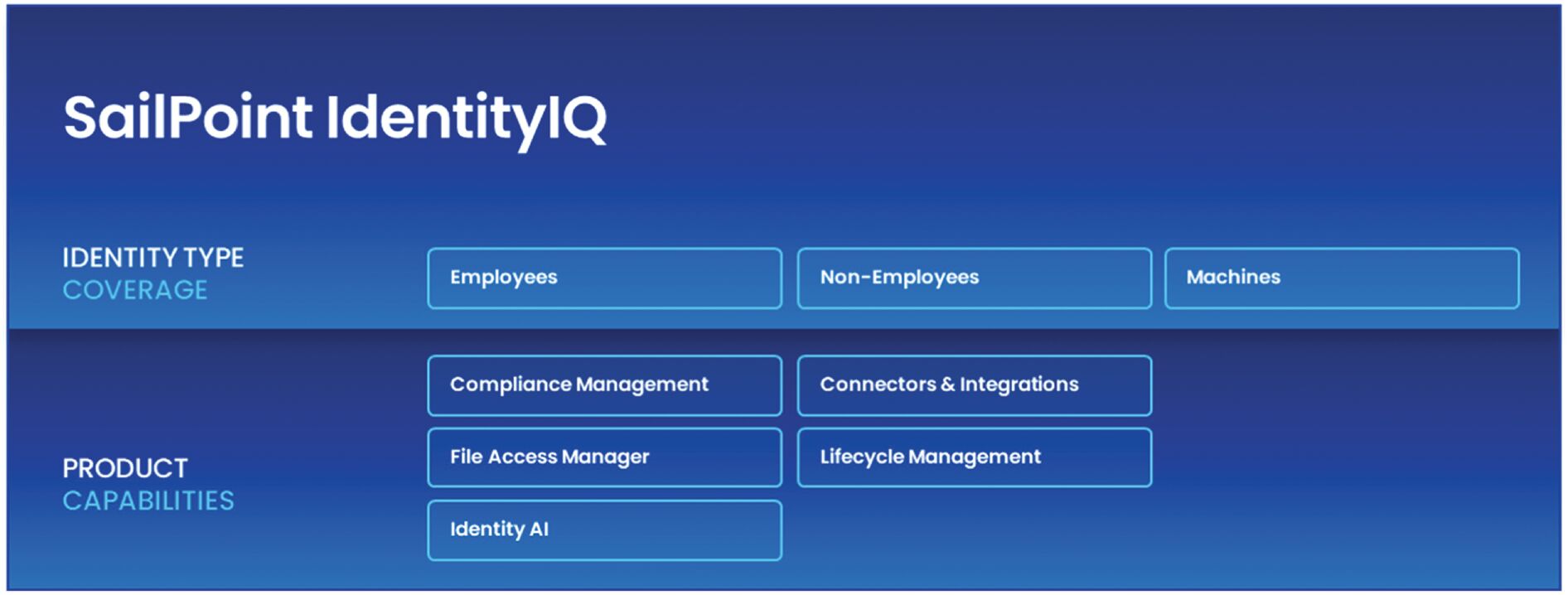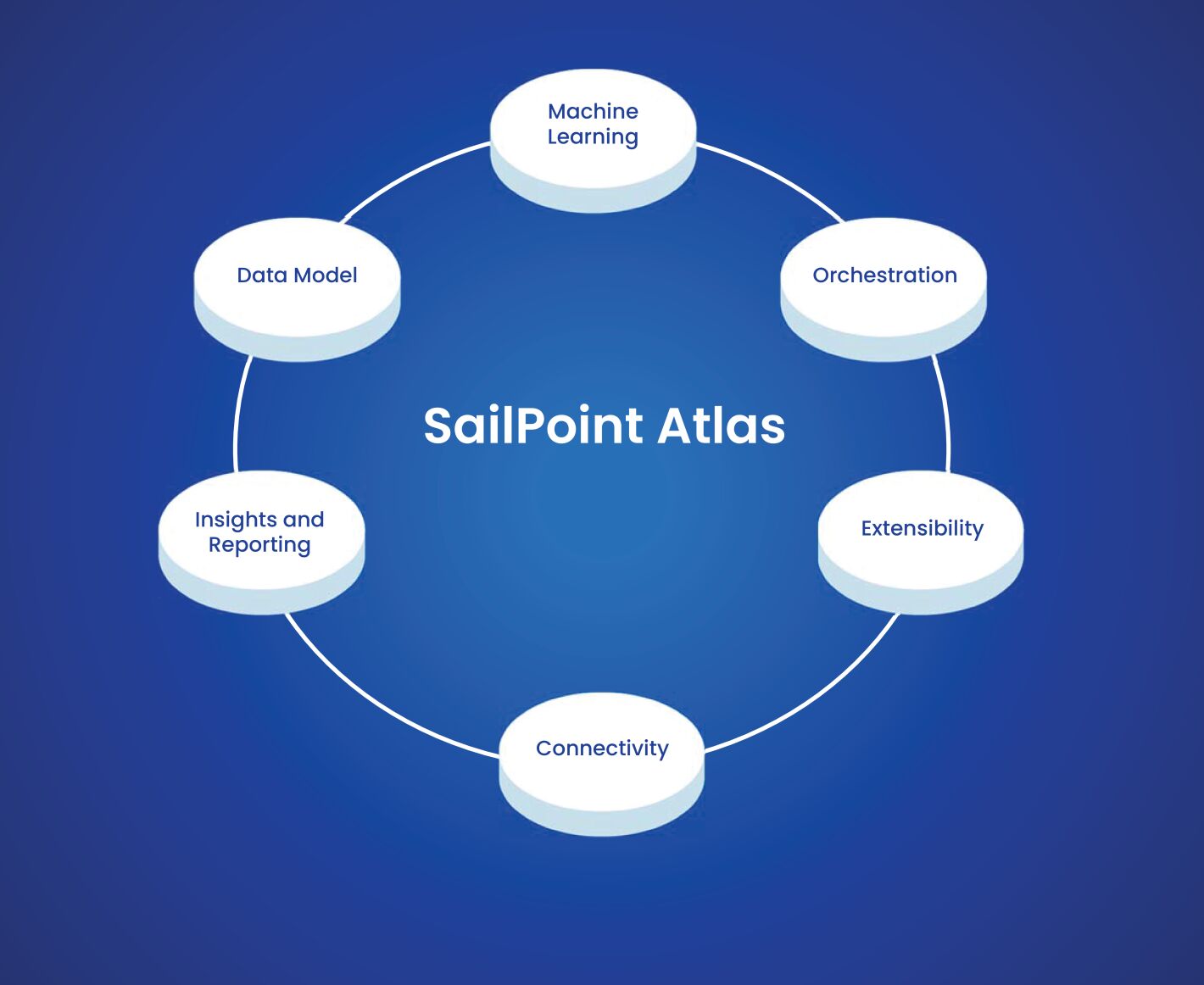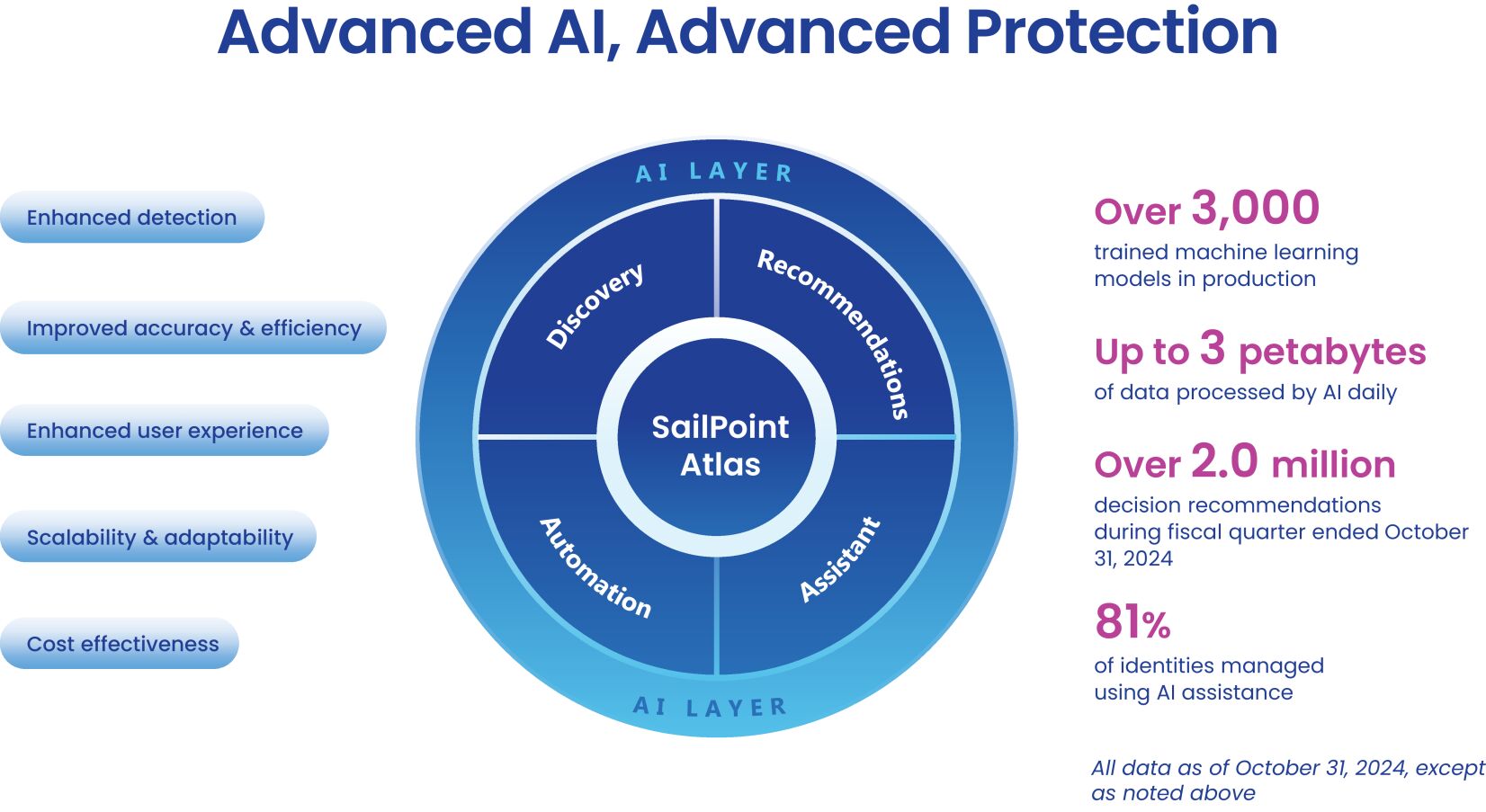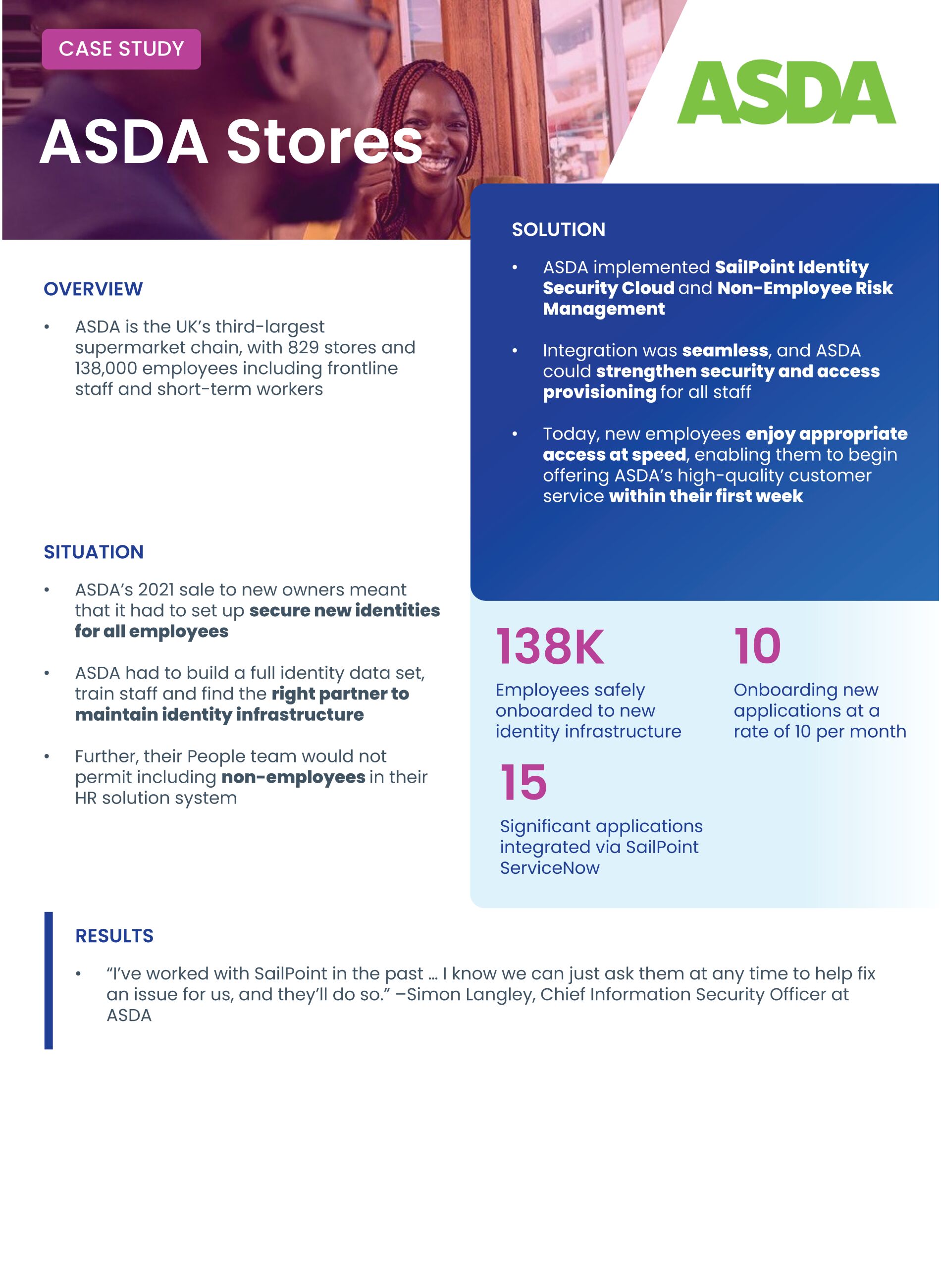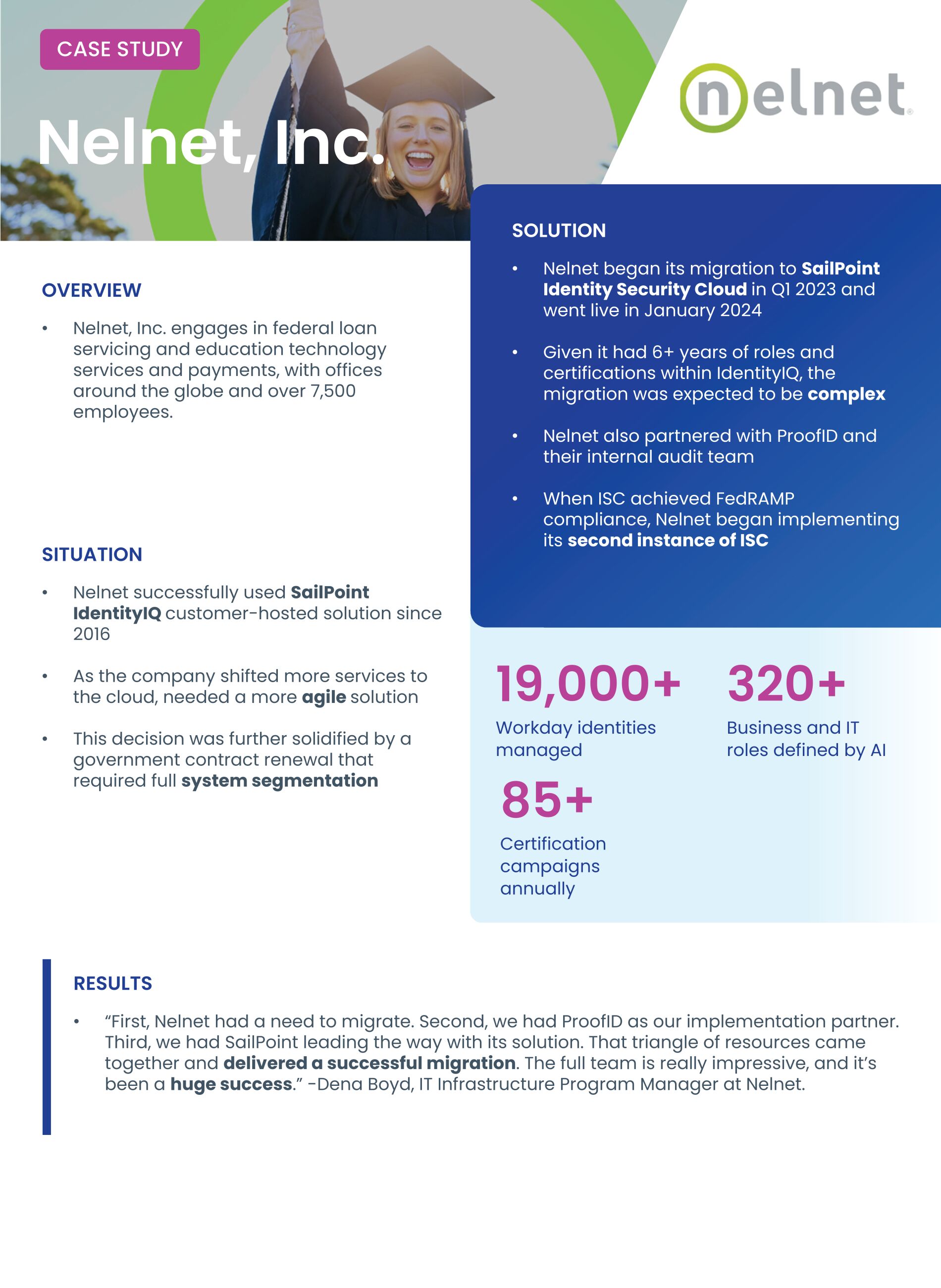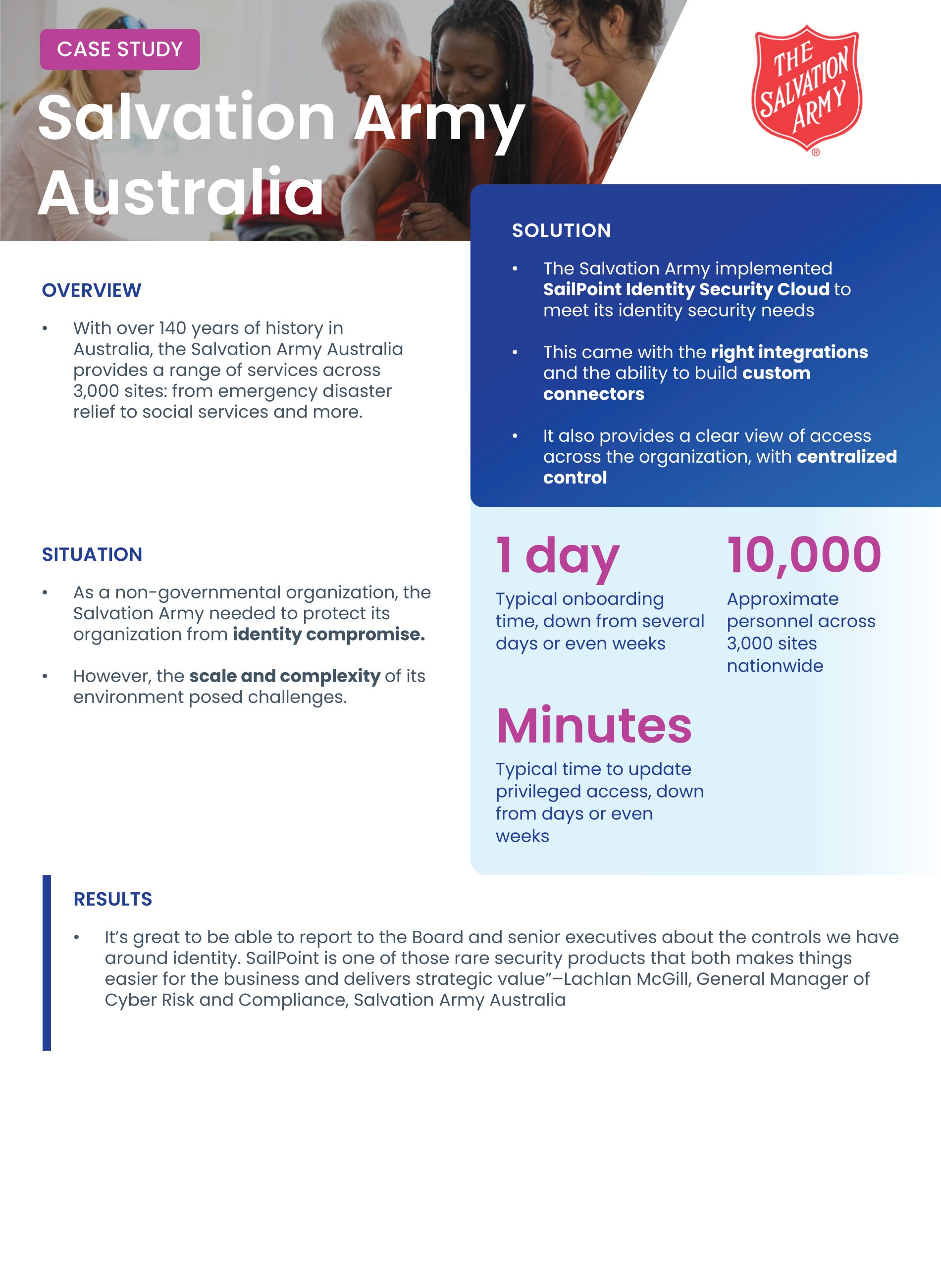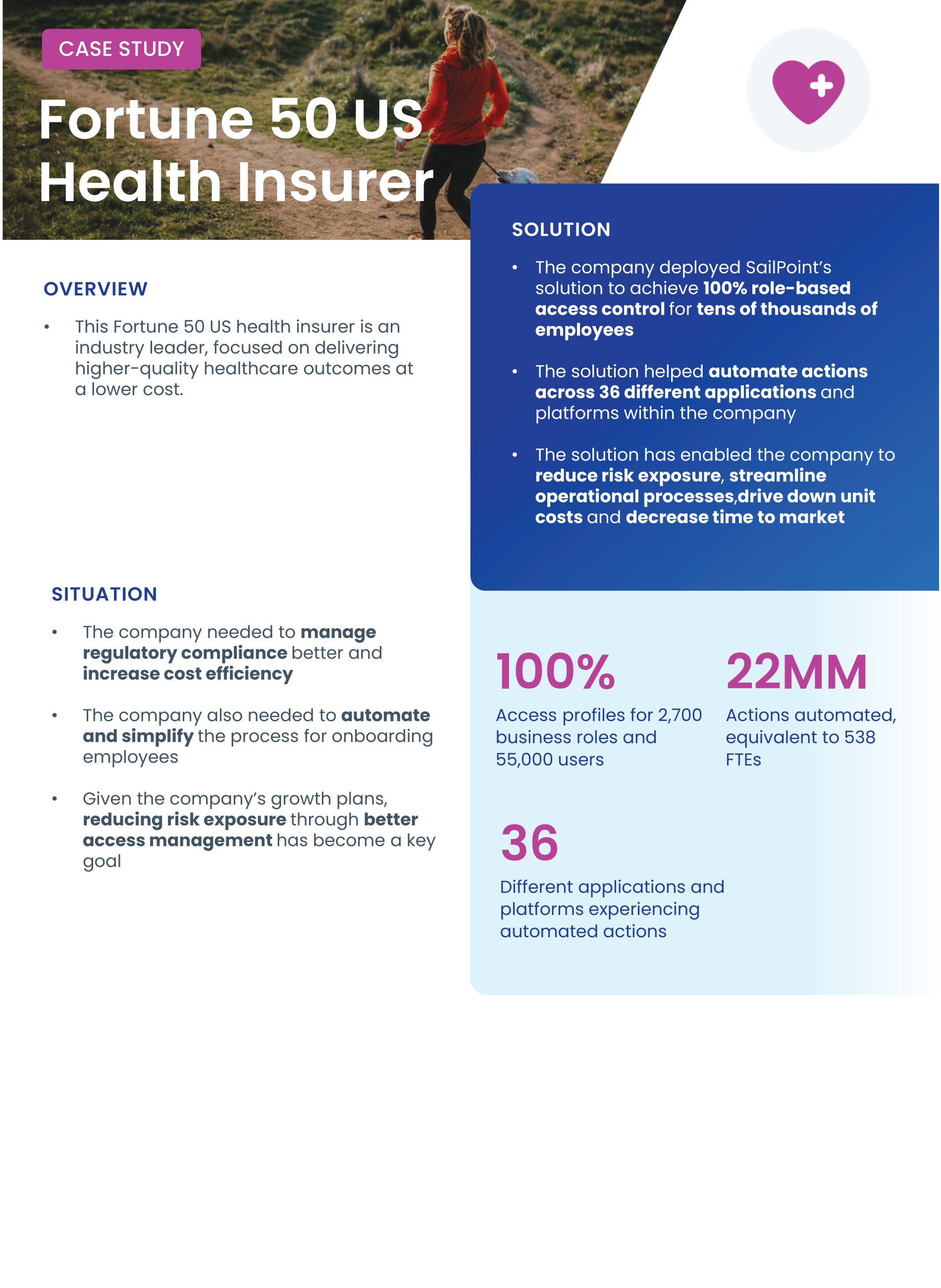Our business could be disrupted by catastrophic events.
Occurrence of any catastrophic event, including earthquake, fire, flood, tsunami, or other weather event, power loss, telecommunications failure, software or commodity appliance malfunction, cyber attack, war, terrorist attack, explosion, or pandemic could impact our business. Our insurance coverage may not compensate us for losses that may occur in the event of a significant natural disaster. Additionally, we rely on third-party systems and enterprise applications, technology systems, and our website for our development, marketing, operational support, hosted services, and sales activities. In the event of a catastrophic event, we may be unable to continue our operations and may endure system interruptions, reputational harm, delays in our product development, lengthy interruptions in our identity security solutions, and breaches of data security, all of which could have an adverse effect on our results of operations. If we are unable to develop adequate plans to ensure that our business functions continue to operate during and after a disaster and to execute successfully on those plans in the event of a disaster or emergency, our business would be harmed.
Risks Related to Our Technology and Our Intellectual Property Rights
Our introduction and use of AI, and the integration of AI with our solutions, may not be successful and may present business, compliance, and reputational challenges, which could lead to operational or reputational damage, competitive harm, legal and regulatory risk, and additional costs, any of which could adversely affect our business, financial condition, and results of operations.
We have incorporated, and expect to continue to incorporate, AI in our solutions, and this incorporation of AI in our business and operations may become more significant over time. The use of generative AI, a relatively new and emerging technology in the early stages of commercial use, exposes us to additional risks, such as potential damage to our reputation, competitive position, and business, legal and regulatory risks, and additional costs. For example, generative AI has been known to produce false or “hallucinatory” inferences or output, and certain generative AI uses ML and predictive analytics, which can create inaccurate, incomplete, or misleading content, unintended biases, and other discriminatory or unexpected results, errors, or inadequacies, any of which may not be easily detectable by us or any of our related service providers. Accordingly, while AI systems may help provide more tailored or personalized user experiences, if the content, analyses, or recommendations that AI systems assist in producing in our solutions are, or are perceived to be, deficient, inaccurate, biased, unethical, or otherwise flawed, our reputation, competitive position, and business may be materially and adversely affected. In addition, new laws and regulations, or the interpretation of existing laws and regulations, in any of the jurisdictions we operate in may affect the use of our AI systems and our use of third-party AI tools and solutions and may expose us to government enforcement or civil suits.
As the legal and regulatory framework encompassing AI matures, it may result in increases in our operational and development expenses that impact our ability to earn revenue from or utilize any AI systems. Any of the foregoing and any similar issues, whether actual or perceived, could negatively impact our users’ experience and diminish the perceived quality and value of our offerings. This in turn could damage our brand, reputation, competitive position, and business. Additionally, if any of our employees, contractors, consultants, vendors, or service providers use any third-party AI-powered tools or solutions in connection with our business or the services they provide to us, it may lead to the inadvertent disclosure or incorporation of our confidential information into publicly available training sets, which may impact our ability to realize the benefit of, or adequately maintain, protect, and enforce our intellectual property or confidential information, harming our competitive position and business. Our ability to mitigate risks associated with disclosure of our confidential information, including in connection with AI systems, will depend on our implementation, maintenance, monitoring, and enforcement of appropriate technical and administrative safeguards, policies, and procedures governing the use of AI in our business.
Additionally, any output created by us using AI tools may not be subject to copyright protection, which may adversely affect our intellectual property rights in, or ability to commercialize or use, any such content. In the United States, a number of civil lawsuits have been initiated related to the foregoing and other concerns, any one
37


